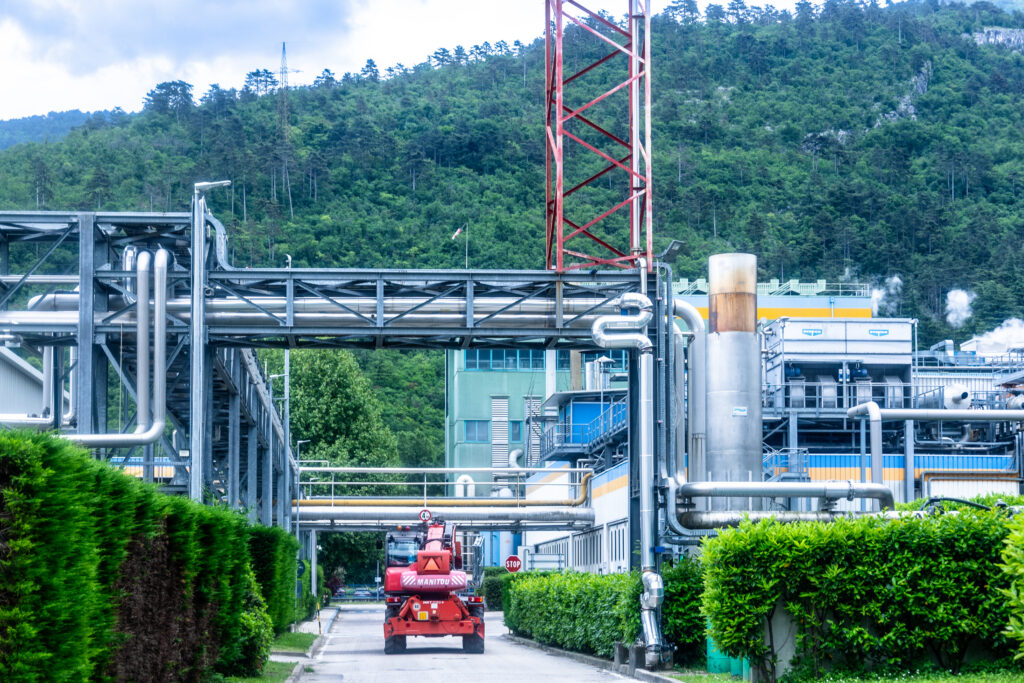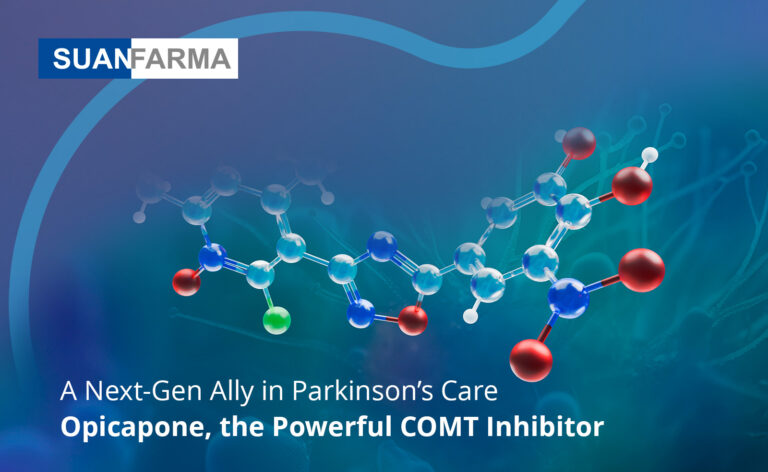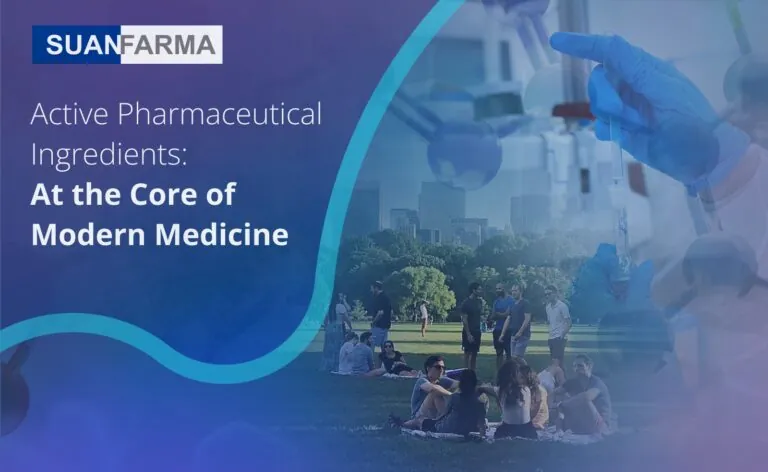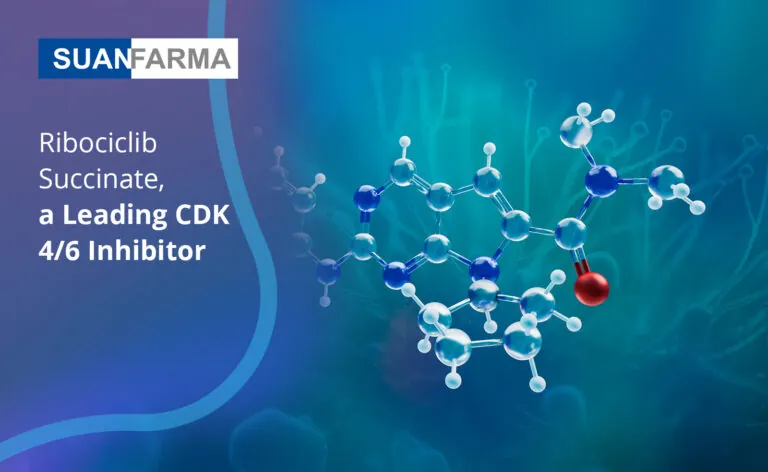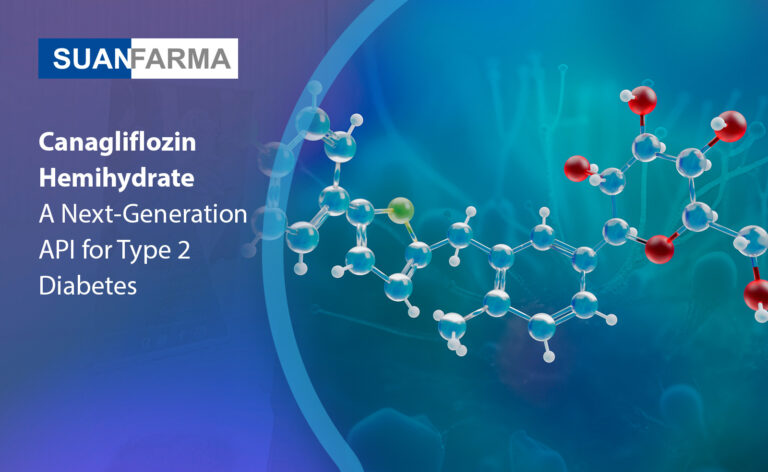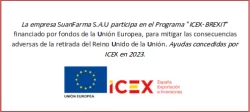In today’s dynamic pharmaceutical landscape, companies face numerous challenges, particularly as regulatory authorities intensify their requirements. For companies like Suanfarma CDMO, which prioritize excellence and continuous improvement, these challenges are formidable yet manageable. The recent revision of EU GMP Annex 1 underscores the importance of control strategies in shared facilities, a significant aspect for multipurpose plants.
Shared Facilities: A Practical Solution
A shared facility, which allows for the manufacturing of different products using the same equipment, is a practical solution for pharmaceutical companies aiming to meet productivity goals with versatility, as well as improves the environmental impact as it increases the efficiencies of a site; in addition, it allows a company to offer its customer affordable solutions during the early stages of the lifecycle of a product as it is possible to adjust the batch size to the specific requirements of the customer. Contrary to the outdated view that each facility should be dedicated to a single product, modern multipurpose plants offer significant advantages. However, this approach demands a comprehensive understanding of processes and associated risks, primarily the risk of cross-contamination.
Effective contamination control in multipurpose plants hinges on rigorous cleaning protocols. According to the ICH Q9 guideline, a quality risk management approach is essential to mitigate contamination risks. Cleaning processes must be tailored to address the varying contamination risks of each manufacturing pathway. This requires a thorough scientific evaluation to determine acceptable residue limits for each substance and to develop appropriate testing strategies.
Navigating Regulatory Complexities
Operating multipurpose manufacturing sites for API production involves navigating a complex regulatory landscape. CDMOs must manage diverse client-specific requirements, maintain confidentiality and intellectual property protection, and adhere to stringent regulations set by authorities like the FDA and EMA. Compliance with Good Manufacturing Practices (GMP) is crucial across multiple API production projects. CDMOs must implement standardized processes while accommodating different client requirements. Comprehensive documentation and meticulous record-keeping practices are essential to demonstrate regulatory compliance.
Embracing the Future
Identifying and mitigating risks associated with multipurpose API production ensures product quality, safety, and regulatory compliance. CDMOs must conduct thorough risk assessments and implement appropriate mitigation strategies. Embracing innovation, particularly through Artificial Intelligence, can unlock new opportunities for efficiency and regulatory compliance. Changes in processes, equipment, or formulations are inevitable. However, these changes must be carefully managed to ensure continued compliance. CDMOs must have robust change control processes to assess the impact of changes and update documentation accordingly.
CDMOs like Suanfarma can overcome these challenges and emerge as trusted partners in the pharmaceutical industry’s quest for efficiency and excellence.

